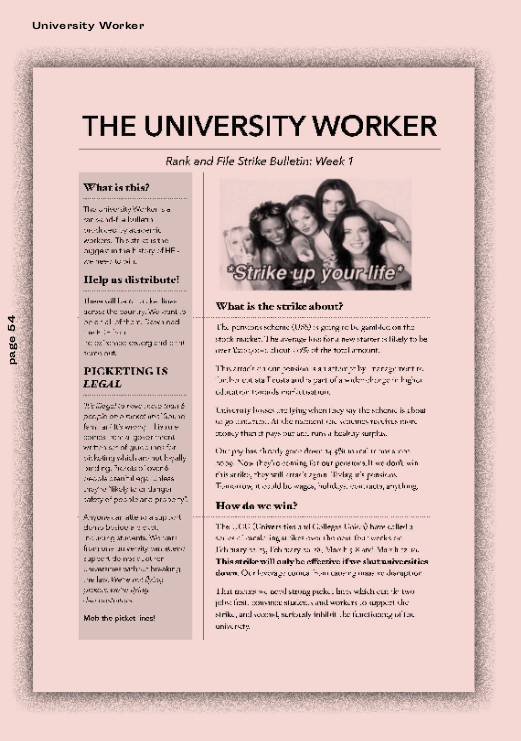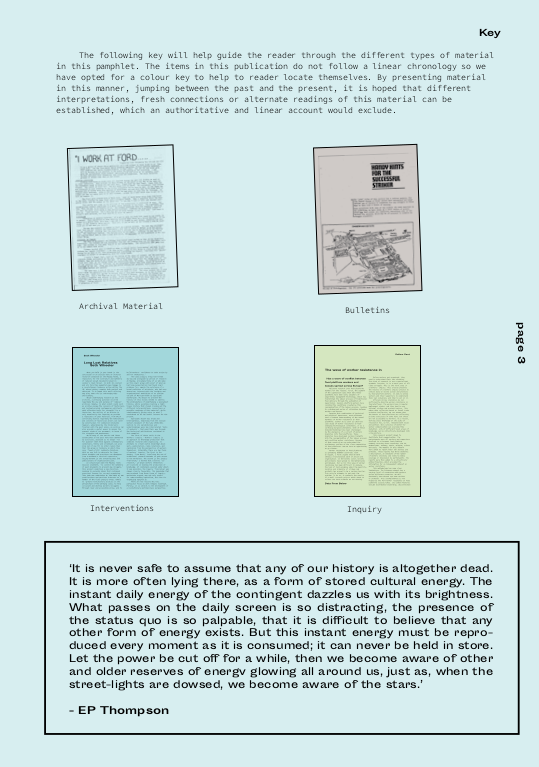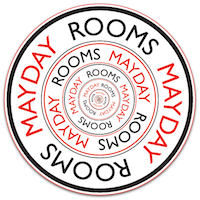MayDay Rooms organises 6-month residency program of projects that creatively contribute to our collections and the practice of archival ‘activation’, which guides the organisation. At MDR we aim to create dynamic situations – not to sit passively on archival holdings. A commitment to linking historical material to contemporary social struggles guides our archival practices: how we collect, exhibit, and disseminate material. These residencies seek to create a space to engage with practice-led archival research that experiments with new models of ‘activation’ and helps us to develop our own.

This residency program was generously supported by the Art Council England.
Where Were You in 1992?

Where Were You in 1992? is a multi-platform project that looks at the technologies and practices of activism in the 1990s. Starting from the anti-racist struggle in the UK and the resistance to ethno-nationalism in Yugoslavia, the project explores the legacy of European ‘liberalism’, ‘multiculturalism’ and ‘social cohesion’ and contrasts these with notions of solidarity, anti-racism, and anti-authoritarianism. The project gathers hitherto unseen or forgotten testimonies, still and moving image, minutes, leaflets, banners and organising notes from individuals and organisations.
More here
the dock is full but your box is empty

The court sits today as it did the day before and will tomorrow. All the while it prosecutes ‘criminals’ in the name of the public, us. We were not there to see it but it happened in our name. In an effort to bear witness to the hidden work of prosecution that takes place at courthouses, Wail Qasim has spent six months between the public galleries of the Old Bailey and archives at the MayDay Rooms exploring the public’s role in criminal justice and how criminalised campaigners have called for supporters to join them in court as an act of solidarity.
More here
Long Lost Tendencies

This pamphlet is the result of research conducted by Seth Wheeler during his residency at the Mayday Rooms. The Mayday Rooms exists to archive and safeguard the ephemera and documentation of radical social movements, seeking to connect these historical materials with todays struggles. From his research, Seth has drawn a loose history of an anglo- speaking ‘Class Compostional’ tendency, whose ideas and practices, in order to provide useful tools for contemporary activists. militants.
This pamphlet contains theory, historical examples of this tendencies interventions, contemporary workplace inquiries and a series of workers bulletins representing a combatative ‘rank and file perspective’ whose history and lineage has remained partial in the domestic context.
Download your copy here, or come down to MayDay Rooms and pick up a printed edition.



